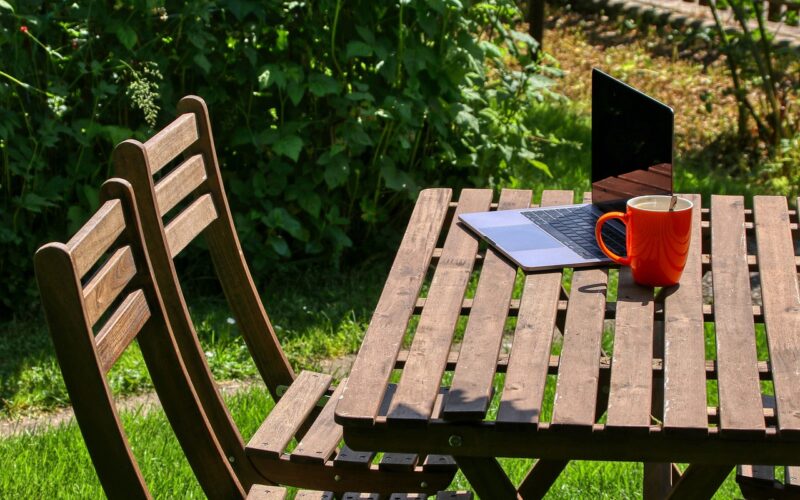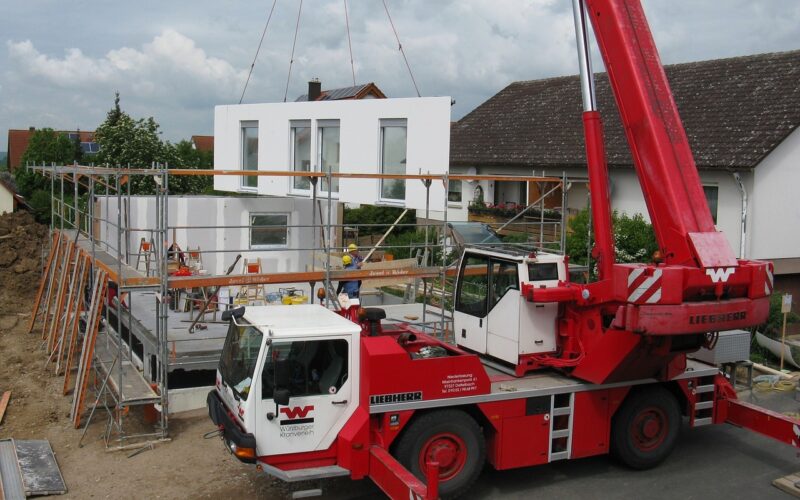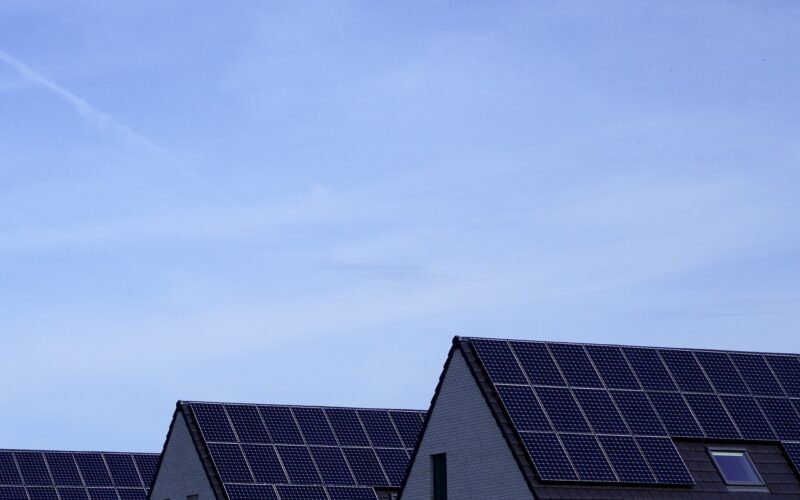The Popularity Of Garden Offices
In recent years, there has been a marked increase in the popularity of garden offices. This surge can be largely attributed to the evolving dynamics of work-life balance, the increasing feasibility of remote work due to technological advancements, and a growing emphasis on wellness and productivity in personal workspaces.
An answer to the modern work-from-home dilemma
The transition to work from home has not been seamless for everyone. While many employees relish the commute-free lifestyle, others struggle with the blurring of boundaries between personal and professional life. This is where garden offices come into play. These purpose-built structures provide a physical separation from the living space, establishing a clear delineation between work and leisure. With a short stroll through the garden, workers can psychologically shift gears, entering a haven of productivity away from household distractions.
Technology makes it possible
Advancements in internet technology and the proliferation of cloud-based tools have made it more viable than ever to work from any location with a reliable connection. Garden offices have capitalised on this by integrating high-speed internet capabilities, efficient insulation for year-round use, and renewable energy sources such as solar panels. They represent a perfect amalgamation of natural serenity and technological sophistication, empowering individuals to stay connected and productive in a tranquil setting.
A nod towards sustainability and wellness
The awareness of environmental concerns and a focus on mental health have reshaped our expectations of work environments. Garden offices are often built with sustainable materials and designed to harmonise with their natural surroundings. They offer an environment that fosters wellness with exposure to natural light and views of greenery, which have been shown to reduce stress and promote mental clarity. For environmentally conscious individuals and organisations, garden offices tick the boxes for sustainability and employee wellbeing.
Customisation and versatility
One of the enticing aspects of garden offices is the level of customisation available. From the size and layout to the finishing touches, these spaces can be tailored to the specific needs and tastes of the user. Some opt for minimalist designs conducive to focused work, while others incorporate creative studios or workout areas to support a holistic lifestyle. This versatility allows garden offices to be more than just places of work; they become multifunctional extensions of the home that adapt to the evolving needs of the user.
The financial perspective
While setting up a garden office requires a significant initial investment, it often proves to be a cost-effective solution in the long run. By eliminating daily commutes, workers save on travel costs and time. Additionally, a well-constructed garden office can add considerable value to property prices, proving attractive to homebuyers seeking flexibility and the potential for a dedicated workspace. When compared to renting office space or co-working memberships, owning a garden office often works out cheaper and offers a return on investment that is both financial and lifestyle-oriented.
Adapting to the future of work
With companies and individuals rethinking the necessity of traditional office spaces, the trend towards garden offices signals a wider shift towards adaptive and personalised workspaces. They represent a tangible solution to the growing demand for work environments that support work-life balance, enhance productivity, and foster wellbeing. As we continue to recalibrate our relationship with work in the post-pandemic era, garden offices stand out as a trend that combines innovation with a return to nature – a trend that is likely to grow as we strive for greater autonomy and quality of life within our careers.












